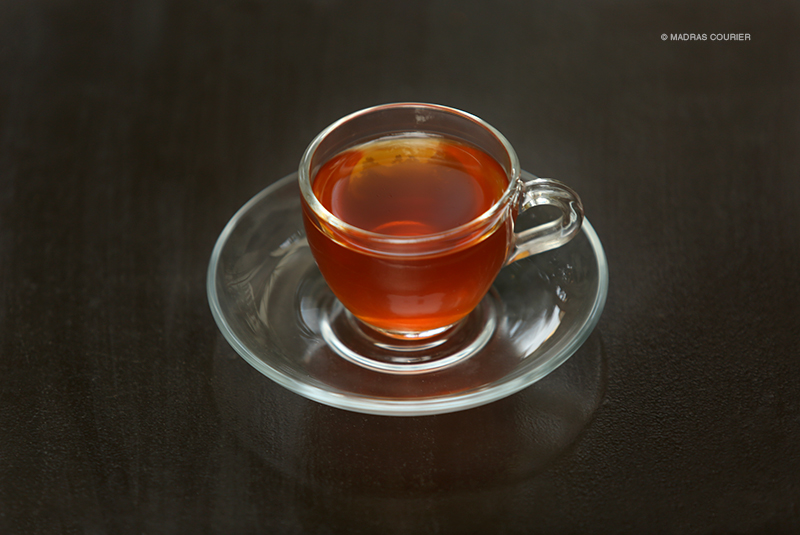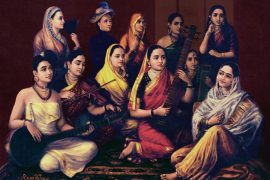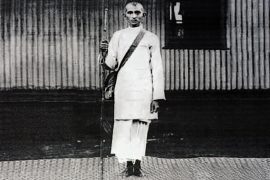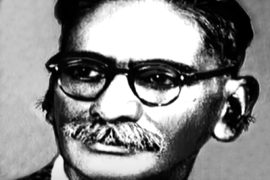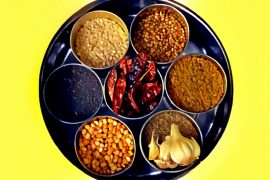Tea. It’s one of the most universally recognizable words on the planet. Wherever you go, you can get yourself a steaming cup of tea by using a variation of the following words – te, cha and chai.
The words for tea remain surprisingly homogenous across cultures. Their common origin – China – is a big reason for this. But there are also surprising reasons that have to do with geography and colonisation.
From China’s Fujian province, came “té”. This word spread to Europe via the Dutch traders, leading to the word ‘tea’ in Dutch, English, Geran, French, Italian, Spanish, Danish, Finnish, Italian, Swedish, Norwegian, Czech, Hungarian and Latin. But from Guangzhou, Canton, Hong Kong and Macau, the Portuguese borrowed a different word – Cha.
The first reports of tea in Europe came via the Portuguese, in 1599. Cha may have been introduced to India much earlier, as Goa was a Portuguese colony since 1511, and a prominent layover on the sea route back to Europe.
There are also myths about the supposed Portuguese abbreviations of tea – which would be more convincing if there wasn’t one each for ‘tea’ and ‘chai’. According to a letter written to the Financial Times, the Portuguese marked their boxes with the words “Caixa Hervas Aromaticas,” abbreviating as ‘CHA’ – the word that ultimately is used for tea in Portuguese. But another writer, in a blog, claims that the boxes bore the words “Transporte de Ervas Aromáticas”, abbreviating as TEA.
Copyright©Madras Courier, All Rights Reserved. You may share using our article tools. Please don't cut articles from madrascourier.com and redistribute by email, post to the web, mobile phone or social media.Please send in your feed back and comments to [email protected]

